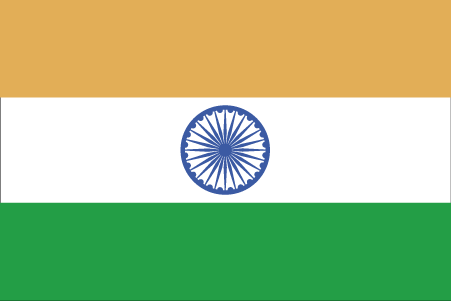

![]()

The Indian Independence Movement began in 1857, and lasted until 1947. Before the beginning of the movement, India had never known political freedom. Foreign rulers had occupied the country for its' entire history. By the time the British took over the area, the natives of India had grown restless with having no say in any political decisions. The natives also were subject to racism and the enforcement of Christianity by the British. The first major step that the Indians took towards their freedom was forming the Indian National Congress. This, along with other things that embodied patriotism, showed the British that the Indians were serious about achieving their freedom.

The leader of the movement was Mahatma Gandhi. He migrated to India in 1914, and changed the face of the movement forever. He found a way to gather the natives and create a solid and strong Indian body. He got the natives to embrace their Indian culture, a thing that nobody had accomplished before him. Gandhi told the Indians that despite their differences, they all shared one very important thing: a common hatred of the British. He formed a collective identity in India that had never been present in the country before. Once he had the attention of the natives, Gandhi began using various tactics to protest for Indian independence. These tactics included week-long fasts, marches, and most importantly, he preached non-violence. He also introduced the idea of social justice that pertained to the individual and empathy for others over individual pursuit of happiness. He was one of the most important factors that accounted for the eventual triumph of the Indians over the British.

This website includes sections about the history of the movement, the role of collective identity and music in the movement, and a frame analysis of the song Vande Mataram, which is presently the national song of India.
To my knowledge, all of the pictures on this site are public domain. If you have any questions or problems, please feel free to email me at borland@tcnj.edu
Created by Megan Barry in December 2006 as a student at The College of New Jersey, for "Changing the World: One Song at a Time" Professor Elizabeth Borland.